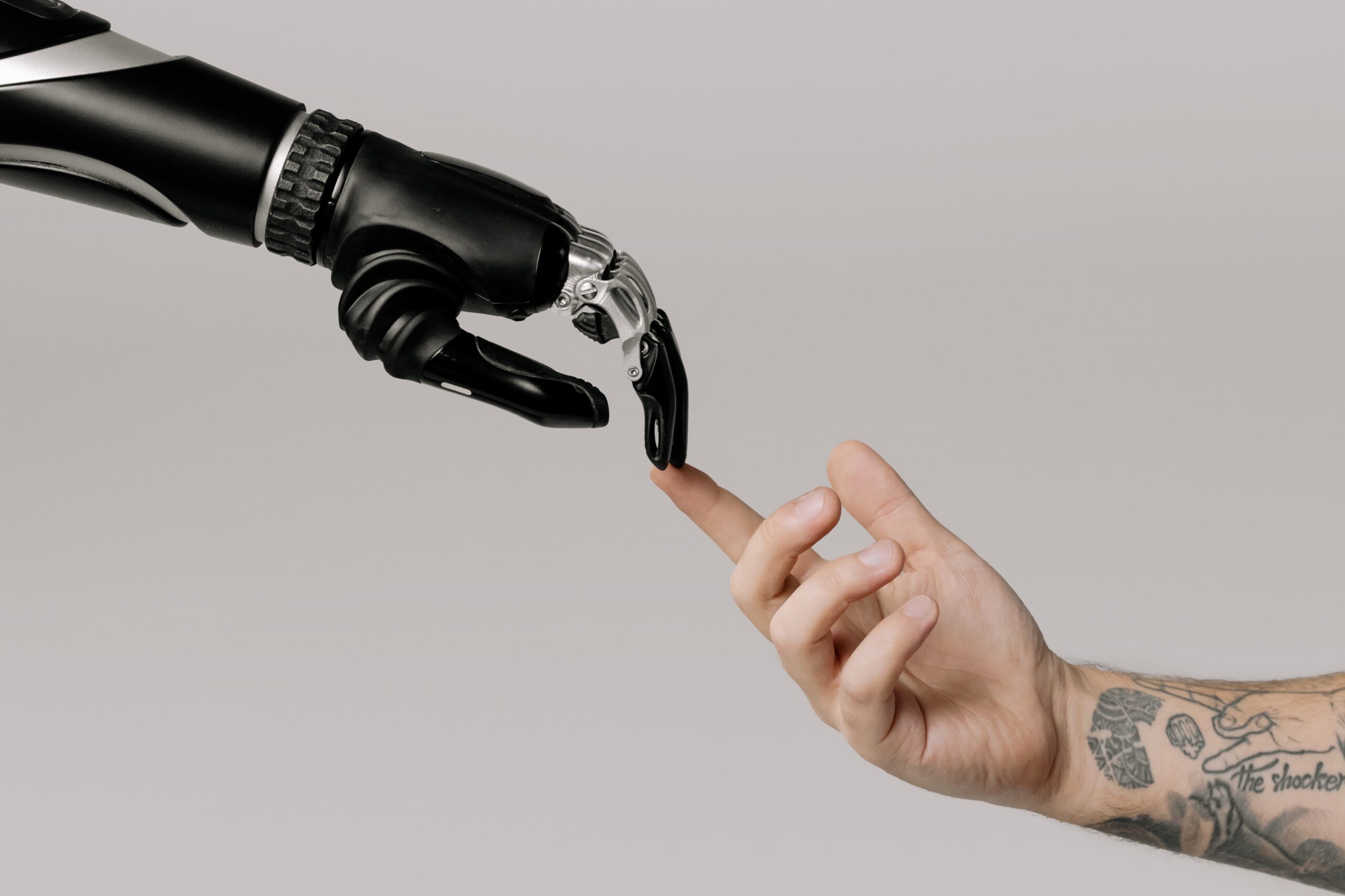The news media is filled with stories about the wondrous achievements of Artificial Intelligence, usually shortened to “AI.” AI is the most advanced form of computer technology, with the machines programmed to adapt and learn things not included in the original computer coding. Some experts regard it as the initial step for computers to become smarter than their human programmers and fear that someday in the not-too-distant future the machines may decide to eliminate us.
Many science fiction books and movie plots have picked up this theme. A scary scenario to be sure, but not something to lose sleep over quite yet. Of more immediate concern to many people is the impact on our economy and society in general. AI is the most powerful form of automation the world has ever seen, and many people are fearful AI will eliminate many jobs.
Two points I would like to make about this. First, automation does eliminate certain jobs, but it frees people to create many others. Blacksmiths gave way to auto mechanics. You no longer see many telephone and elevator operators, but many new kinds of jobs have arisen since their heyday. I read about one study that estimated 60% of today’s jobs did not exist in 1940.
Second, skilled trade jobs are more immune than most to advances in technology. Automation has already drastically changed trade work. Back in the late 1800s, plumbers had to fabricate their own pipe. That labor-intensive task is long gone, but plumbers are needed more than ever. Many labor-saving devices have also impacted the HVAC and electrical trades, but employers are nonetheless faced with severe shortages of those workers.
AI could prove to be of immense value to skilled trade workers in diagnosing problems and advising on fixes. But someone will still have to turn screwdrivers and wrenches to make things work. Okay, it’s possible to envision machines that perform such tasks, but humans will still be needed to direct the machines to turn screwdrivers and wrenches in the right places.
Technological advances through the ages have made trade work less physically demanding yet more productive. Still, the jobs remain in high demand and likely will remain so throughout our lifetimes.

